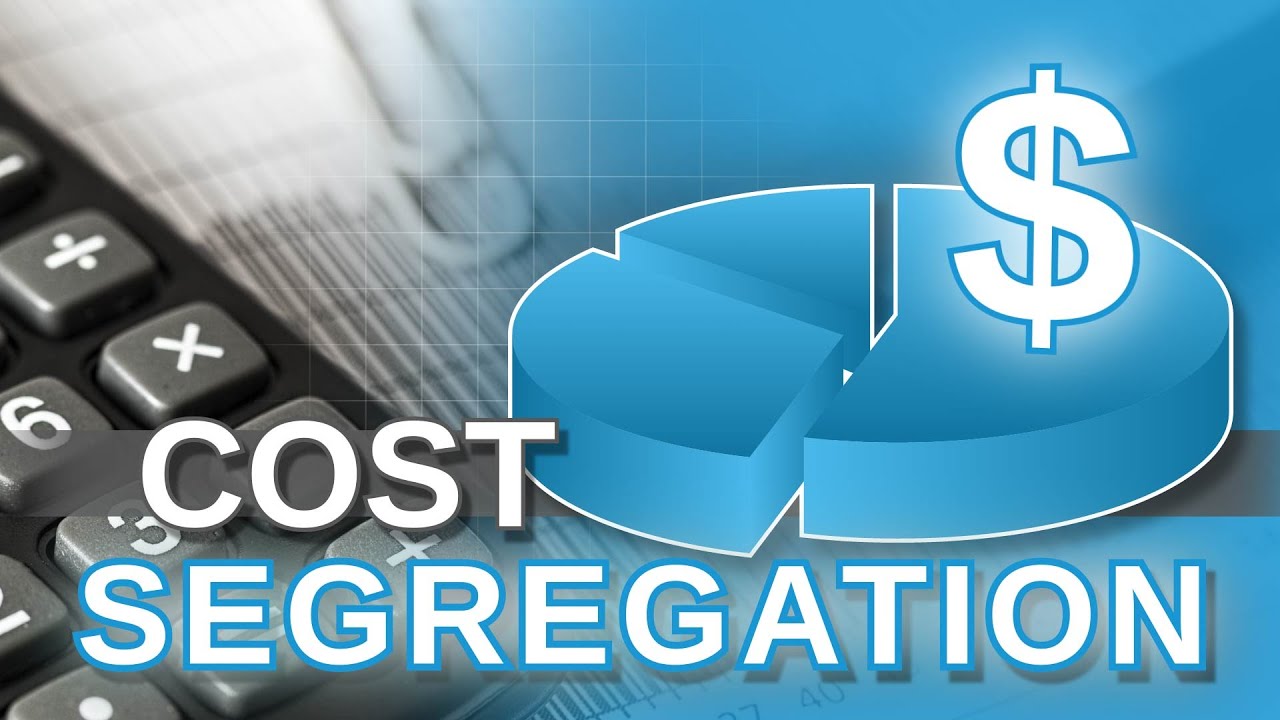Most real estate investors know that depreciating real estate is a long-term process – for residential real estate, the property depreciates over a period of 27.5 years for residential property. For commercial property, the depreciation period is a whopping 39 years.
But there are ways in which a savvy real estate investor can, with sound guidance to ensure maximum benefits while maintaining tax compliance, effectively speed up depreciation on certain portions of their real estate properties, via cost segregation.
What is Cost Segregation?
 Put simply, cost segregation is the separating out of certain portions of your real estate assets which can be depreciated over shorter periods of time than the building itself.
Put simply, cost segregation is the separating out of certain portions of your real estate assets which can be depreciated over shorter periods of time than the building itself.
Cost segregation can be performed for you by a well-informed tax advisor, such as your CPA or virtual CFO, and can save you money on your taxes from the initial investment date – if you’ve thought ahead.
We recommend thinking ahead, to take full advantage of the tax benefits cost segregation can provide.
How Does a Cost Segregation Analysis Work?
 A cost segregation analysis will start with analyzing the property to break out your investment dollars into separate categories, which are or aren’t depreciable as follows:
A cost segregation analysis will start with analyzing the property to break out your investment dollars into separate categories, which are or aren’t depreciable as follows:
- Land – This portion of your investment does not depreciate at all.
- Building – As noted above, the actual structure itself depreciates over 27.5 years for residential properties and over 39 years for commercial properties.
Many investor taxpayers stop there – but they don’t have to! Because hidden within non-land costs are often portions of your investment which can be counted as:
- Land Improvements – Unlike the land itself, land improvements can be depreciated over 15 years.
- Personal Property – Such portions of your investment which can be categorized as personal property can be depreciated over 5 or 7 years (in some cases, as little as 3 years).
What Counts as a Land Improvement?
 Land improvements are those outdoor alterations made to enhance your property’s usefulness. Segregable land improvement costs include:
Land improvements are those outdoor alterations made to enhance your property’s usefulness. Segregable land improvement costs include:
- Driveways
- Walkways
- Fences
- Parking lots
- Outdoor lighting
Again, land improvements can be depreciated over 15 years.
What Counts as Personal Property?
 Generally speaking, in real estate, personal property is property which can be moved. That is, it is not fixed as part of the land or the building itself (i.e., real property). Personal property purchased as part of your investment can include:
Generally speaking, in real estate, personal property is property which can be moved. That is, it is not fixed as part of the land or the building itself (i.e., real property). Personal property purchased as part of your investment can include:
- Appliances
- Light fixtures
- Furniture
- Computer equipment
- Other office or business machinery
- Air conditioners
- Certain electrical wiring
- Carpeting
Most personal property is depreciable over either 5 or 7 years, depending on the IRS classification of the individual asset.
However, if you buy a working farm, and continue operating it as a farm, any tractors and/or horses are considered depreciable over 3 years (cattle depreciate over 5 years).
Overall, cost segregation can result in significant upfront tax savings for your real estate investment, freeing those funds for investment in additional properties or ventures (or any use you choose!).
Consult Your Virtual CFO
 Assessing the portions of your investment dollars which can be depreciable at faster rates than your acquired land and building(s) is a job for professionals with specific training and expertise – we do not recommend you trying to do it yourself.
Assessing the portions of your investment dollars which can be depreciable at faster rates than your acquired land and building(s) is a job for professionals with specific training and expertise – we do not recommend you trying to do it yourself.
RFG has saved significant tax dollars for our clients via careful, thorough cost segregation.
We invite you to join those successful clients! See what cost segregation might mean for you.
Please click here to email us directly – how can we help? We are here to help you get the most out of your investment!
Until next time –
Peace,
Eric




